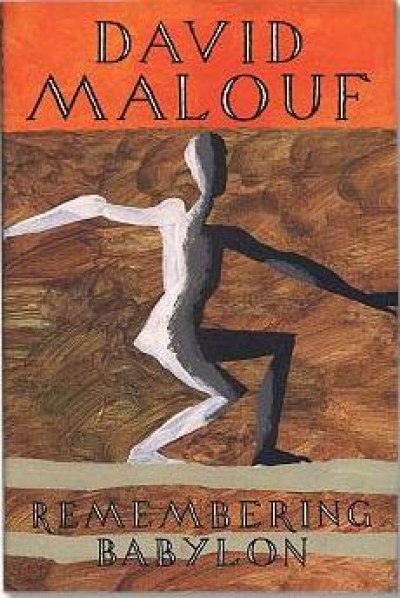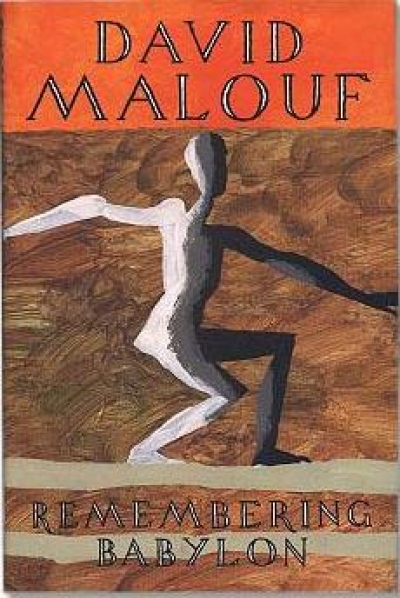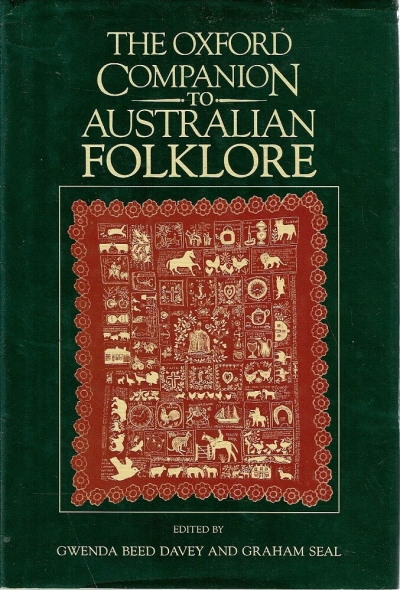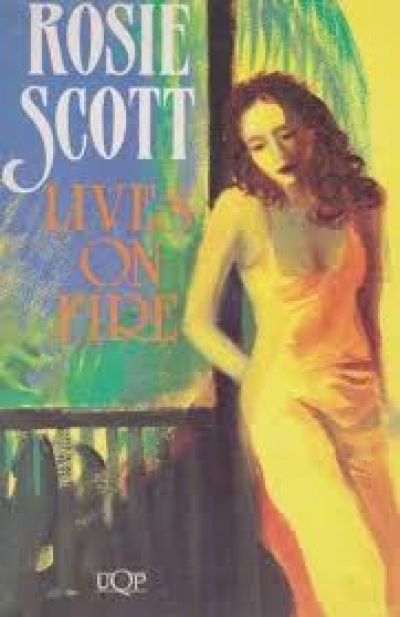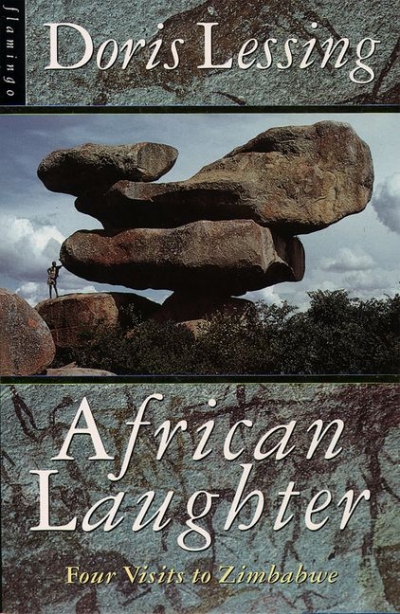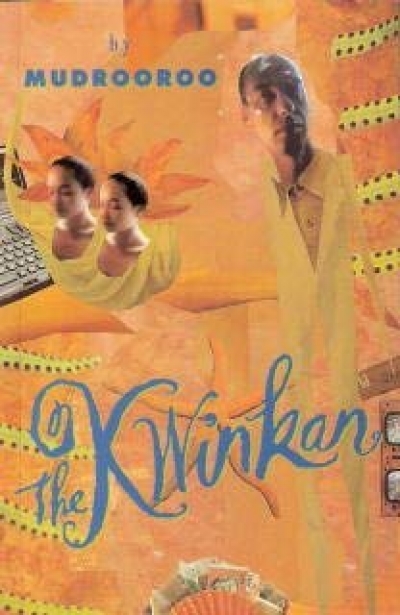Archive
Sign up to From the Archive and receive a new review to your inbox every Monday. Always free to read.
Recent:
The Oxford Companion to Australian Folklore by Gwenda Beed Davey and Graham Seal
by Robert Holden •
Letters to the Editor - May 1993
Dear Editor,
I was encouraged and shamed by your account of Mabel Edmund’s comments about violence against women. You are so right, even if you understate it a bit, in saying ‘if we don’t get the gender stuff right, then we’ll never get any of it right’. Bodo Kirchhoff’s smug sexist fantasy about finding a Filipina beauty in the monastery kitchen ...



